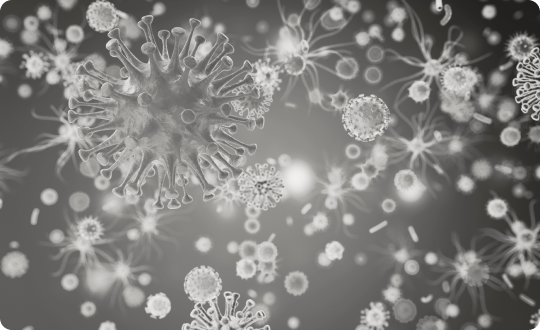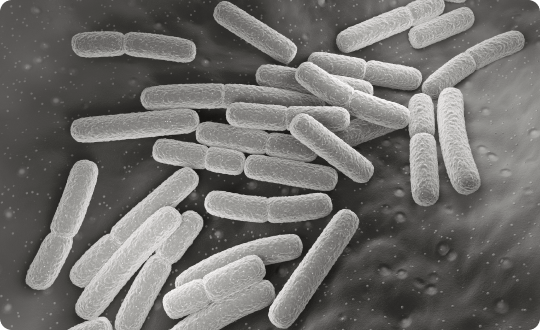PATHOGEN INACTIVATION
Protect Patients From Protozoan Parasites
Global climate change is supporting the spread of vectors
Emerging risks
An increasing number of countries who have previously never experienced issues with mosquito-borne parasitic infections are beginning to report cases.
Certain parasites may be transmitted by the transfusion of blood products from infected, asymptomatic donors carrying e.g., Plasmodium species, Trypanosoma cruzi or Babesia microti. In non-endemic areas, the risk is introduced from either travellers or immigrants coming from high endemic areas to non-endemic areas.
To be transmitted through transfusion, it is favourable for parasitic agents to:
- be present in the bloodstream of donors
- cause infection without clinical symptoms (infected but asymptomatic donors)
- resist processing steps in the preparation of blood components
- survive under the storage conditions of blood and blood components and thus retain infectivity to mount an infection in the transfused patient
Reducing the risk
The INTERCEPT™ Blood System can mitigate the use of certain costly strategies to prevent the transmission of parasitic agents via transfusion such as:
- donor selection and deferral which can lead to a loss of potential donors
- testing

You may also be interested in
There is no pathogen inactivation process that has been shown to eliminate all pathogens. Certain non-enveloped viruses (e.g., HAV, HEV, B19, and poliovirus) and Bacillus cereus spores have demonstrated resistance to the INTERCEPT™ process. For a full list of warnings, precautions for use and pathogens inactivated, please refer to the Technical Data Sheet and Instructions for Use found in the resource section of this website.


